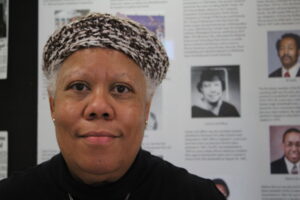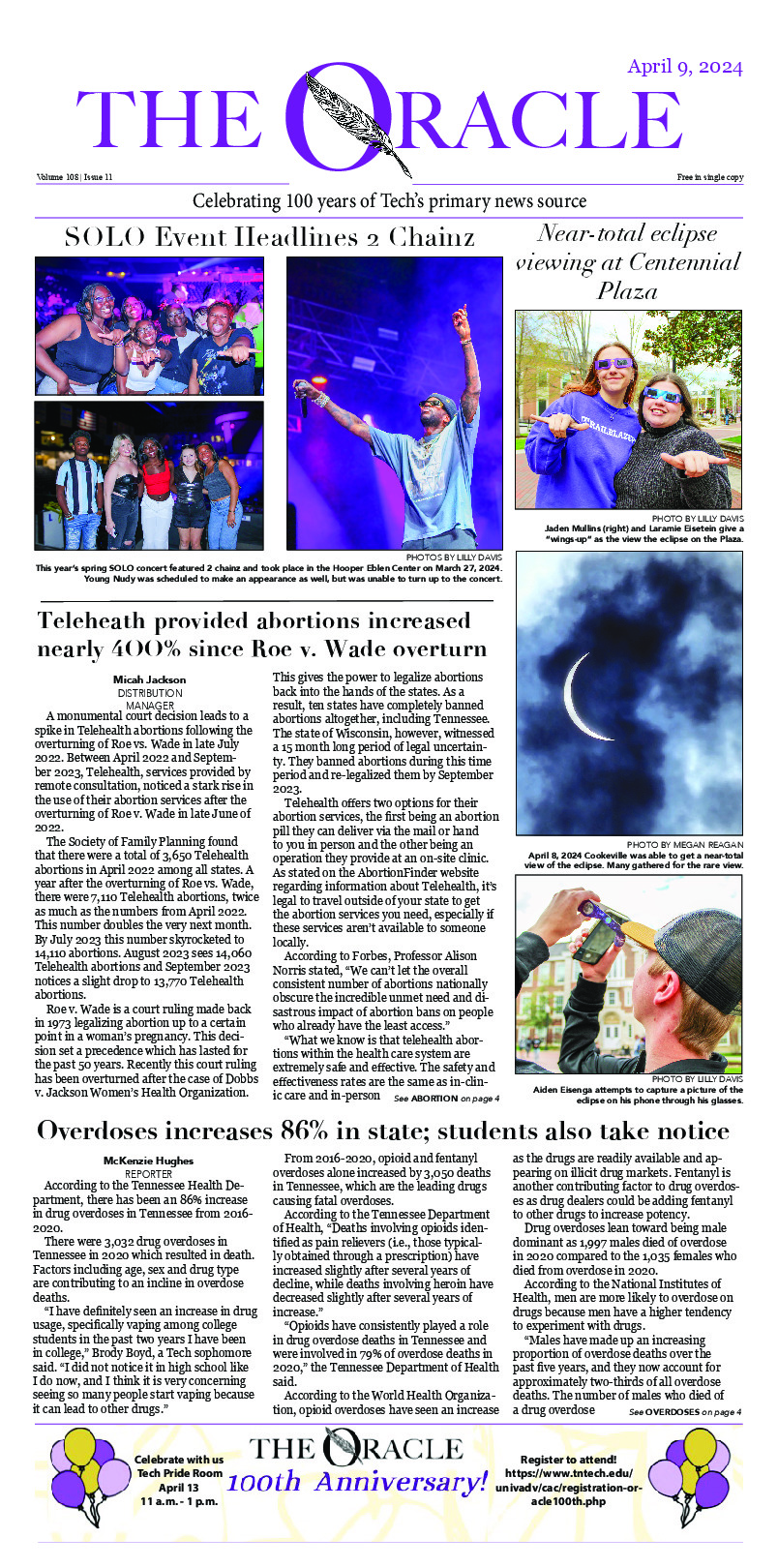Protests and riots. Police brutality and racism. Is this 1968 or 2020? A now silver-haired Corinne Johnson looked aloft as she remorsefully recalled memories of her adolescence. Her stern face began to give way as she pushed back tears. Her hands gripped the arms of her chair as she shuffled uncomfortably.
“It’s just awful,” she said in a high-pitched voice. “I hate talking about this, I really do. And not much has changed, if anything…it’s gotten worse.”
Johnson grew up in the Woodlawn-Englewood area, a primarily black neighborhood on the south side of Chicago, Illinois. As she recalls, most of the people she encountered on a daily basis were black except for the majority of her teachers and police officers.
“All the kids I played with were black. I went to a private school where all the nuns and all the teachers were white with the exception of two black teachers. The secretary and custodians and lunch room people were black. In my younger days the bus drivers were black and white, but as years went by most of the bus drivers in my neighborhood were black. The sanitation men rode on the back of the garbage trucks were black. The majority of the policemen were white,” she said.
Even though Johnson’s world was consumed with representation and people who looked like her, it was not enough to shield her from the harsh reality of the world she lived in. She would still encounter racism.
“The first time I remember encountering racism was when my grandmother took me to visit relatives in Memphis, TN. I had not begun school yet. She and her cousin Marguerite and I were at a City Hall square or something. It was hot and miserable that day. I noticed a water fountain on the side of the building. I twisted away from my Grandmother’s hand and went to get a drink. I looked at the water fountains. One was broken to pieces. The other was ok. I started to drink from the fountain. Suddenly a lady started screaming and yelling. I didn’t know why,” she said.
Johnson said looking back on this experience, she realizes the way Marguerite reacted was necessary. She did not understand it then but, just like many things in life, Johnson understood as she began to grow and learn.
“The next thing I know Marguerite snatched me from that fountain and shook the daylights out of me. The white lady was still screaming. My Grandmother took my hand. Marguerite said in a very low voice, looking at the ground and not at the lady and she said, “Forgive her ma’am, she don’t know how to read yet!”

Corinne Johnson has worked at Tennessee Tech for 13 years. She works in the Office of Multicultural Affairs.
“You need to teach her her PLACE!” the white lady said. “Yes ma’am.” Marguerite and my Grandmother took me by my hands and we backed away. I did not know what I had done wrong. I have never been back to Memphis since then,” she said.
This would not be the last time Johnson experienced racism. Johnson would go on to experience it again in college.
“I was so happy to have the privilege to go to college. My Dad and Mom were college graduates and now me. I was excited to meet my roommate. My roommate came into the doorway of our room and she froze. I introduced myself and was happy to finally meet her. She looked shocked. She ran to the phone and called her Mother. “Oh my god! My roommate is a N—–,” Johnson said horrified.
Although growing up the majority of police in her neighborhood were white, she says she never feared the police. This is due to the few black officers in her neighborhood being people from the community she knew outside of the badge and uniform.
“I never feared. Those officers who were black included some family friends who had some military training and served our country and were active members of the black churches in the area. I never had any fear of a police officer because I would see them at church functions or other pleasant occasions. So, for me I wasn’t afraid but for somebody else it may have been a different story,” she said. “Growing up now it’s different, it’s just different. Today when I see the police, I am a little nervous.”
On April 4, 1968 Dr. Martin Luther King, Jr. was assassinated. This led to the Chicago race riots. Johnson describes these riots to be similar to those happening today.
“When I was growing up the protests and picketing for equal rights were mostly non-violent. Then Dr. Martin Luther King, Jr was assassinated, and hell broke out. High schools were in turmoil. The burning and looting and rioting took place in the neighborhoods. So much sadness, despair and unrest. Just like today, but now it’s worse.”
Johnson has worked at Tennessee Technological University for 13 years. She applied to Tech after being a stay at home mom.
She works in the Office of Multicultural Affairs which is located on the second floor of the Roaden University Center.
“I have heard for years the Minority students’ conversations about unjust situations in classes and other issues,” she said. It makes me very sad when anyone is treated unfairly. It really hurts my heart when students, especially of color, are doing their very, very best and they have difficulties in group meetings and stuff like that. Or the meeting is planned when that student is working to intentionally keep them from attending, there’s ways I’m not blind,” she said passionately.
Johnson believes racism will never end, but that it can get better if we all work together.
“I don’t think racism will ever end. Every continent, every nation, every country, every state, every city, every neighborhood, every people of every ethnicity has had, and continues to have someone they look down upon as subservient to them. Until there is truly no difference between any person and the next person he meets, there will always be problems. I do think it can get better. It will take all peoples of all ethnicities standing in truthful unity for all times is the only way,” she said.
With believing racism can get better, she offers some advice and wisdom on what to do and how to handle it until that time comes.
“In handling the racial climate in our country, I would tell anyone to watch where you are, what you are doing, and how you respond to “authority” when stopped. Everyone is afraid. Some people like to incite anger in an innocent person just because of their position. Keep calm. Watch what you say. PRAY!” she encourages. “And remember just like the old gospel song says “He hasn’t brought you this far to leave you, but Lord how long? Lord… how long?”


